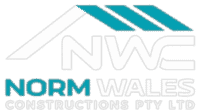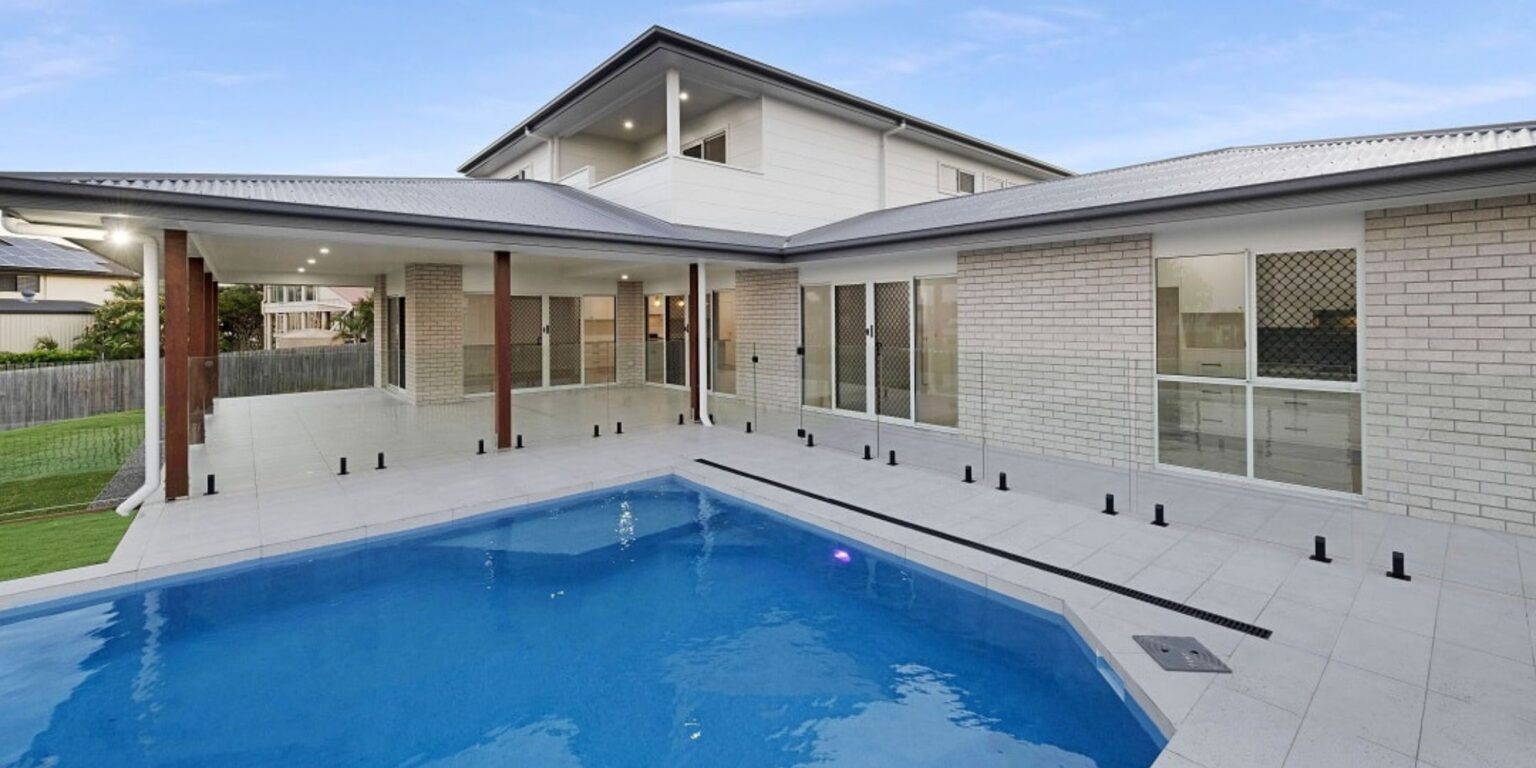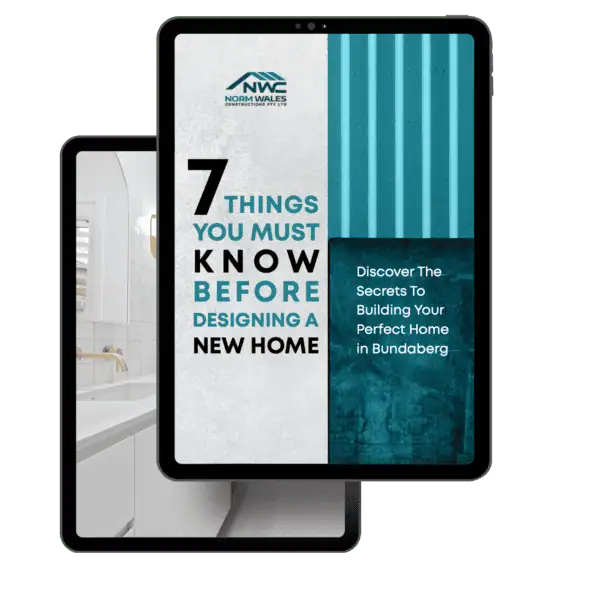Most people think they’ve got a solid quote in front of them. The number looks good. The paperwork’s there. Everything seems sorted. But buried in the fine print – usually somewhere near the bottom – are two little letters that can throw the whole thing off track:
PC and PS.
They sound harmless enough. Just part of the builder lingo, right? But this is where most budgets get blown out.
Not on changes you make halfway through. Not on extras you asked for late. But on things that were never properly costed to begin with.
If you don’t know what’s behind those line items (or what’s actually being allowed for) you’re signing a contract that’s built on guesswork.
And guess who wears the cost when the allowances don’t match what you really want?
You do.
What PC and PS Items Actually Are (And Why Most People Miss Them)
PC stands for Prime Cost. It’s the product only – nothing else.
So if your quote says “PC item: $800 for bath,” that’s just the tub. No plumbing. No installation. No labour.
PS stands for Provisional Sum. That’s the product and the labour.
So “PS item: $3,000 for bathroom fit-off” might sound fine, until you realise that covers the bath, the tapware, the vanity, the plumber’s time, and sometimes the electrician too.
But the problem isn’t the labels. It’s what’s hiding behind them.
Because some builders put low allowances in there just to keep the total price down. They know it looks good on paper. But the second you pick something that actually suits your home, or meets today’s pricing, the number starts to climb.
Too often, people sign the quote, thinking everything’s included, and then get hit with “extras” that were never really extras at all.
How PC and PS Items Get Used to Manipulate a Quote/ Budget
It’s easy to make a quote look competitive when half of it hasn’t really been priced.
For example, I’ve seen quotes that allow $1,000 for all the home’s tapware. $500 for a front door. $10,000 total for a kitchen.
That might win the job. But it’s not a real quote – it’s a lowball.
And here’s the thing: the builder knows it.
They know you’re not getting a stone benchtop for that price. They know you’re not choosing the cheapest door on the market. They know that by the time you select the things you actually want, your “fixed-price” quote just got a whole lot more expensive.
I’ve also seen quotes based on sketches instead of proper plans, or product codes with no descriptions. You have no way of knowing what’s actually being allowed for or what’s been left out entirely.
And when the real numbers start showing up, it doesn’t feel like a decision. It feels like a trap you didn’t see coming.
What to Look for in a Budgets Quote (So You’re Not Left Guessing)
You don’t need to become a builder. But you do need to know what you’re being asked to sign.
Here’s what to watch for:
- Is there a detailed list of what’s included? Not just “PC item: bath,” but the actual bath. You should be able to look it up and see exactly what’s being allowed for.
- Are the prices based on live supplier quotes or generic allowances from a template? If they haven’t been updated recently, they’re probably not real.
- Are the plans detailed and complete, or are you looking at a sketch with half the specs missing? A vague plan guarantees vague pricing.
- Are there big round numbers listed under “Provisional Sums” with no explanation? That’s where thousands can disappear later. And the builder will tell you it’s all in the paperwork.
If something’s not clear, ask.
If it still isn’t clear, don’t sign.
You Don’t Need to Know the Brand of Every Tap – But You Should Know What You’re Being Charged For
You’re not expected to know every detail of every product going into your home. That’s the builder’s job.
But you should know what’s being allowed for. Because if you don’t, you’re not comparing quotes – you’re comparing guesses.
A vague number today turns into a budget blowout tomorrow. And what looks like a good deal on paper can end up costing you a lot more once the build is underway.
That’s why transparency matters. Not just in how the builder talks, but in how the quote is written. Clarity upfront gives you options. It gives you control. And it makes the build a whole lot less stressful.
Of course, this is just one part of the bigger picture. There’s a lot more to planning a custom home than catching pricing traps.
That’s why we’ve put together a free guide to help you avoid the mistakes before they cost you:
7 Things You Must Know Before Designing a New Home
Inside, you’ll find the decisions that trip people up early, and the steps you can take to avoid them before you spend a cent on drawings, deposits, or site prep.
It’s quick to read, easy to follow, and could save you thousands.
Get to know the man behind your dream home, Norm. Norm Wales Constructions is honored to be APB, and MBA members.



